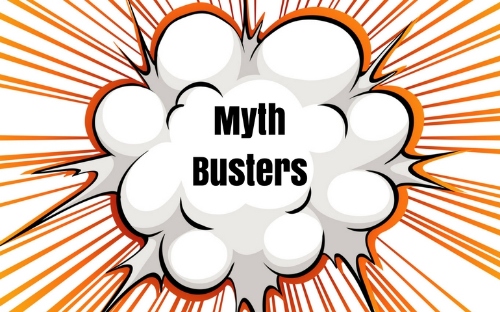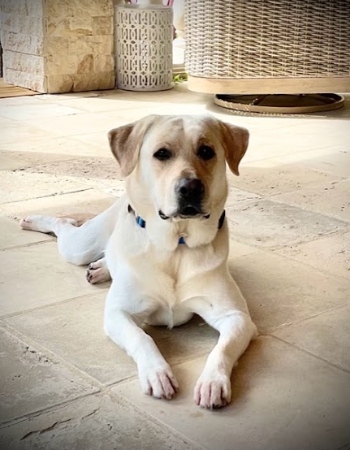10 Seconds to Change a Habit

10 Seconds to Change a Habit
I’ll bet that most of the speakers you’ve heard and books you’ve read on the subject of personal development, tell you that it takes 21-30 days to change a habit. Like a wives’ tale passed on generation to generation, sometimes the story is better than the information.
Clichés like, “habits are hard dying,” and “you can’t teach an old dog new tricks,”etc., are primarily about protecting your ego from possible failure (psychological) and upsetting your brain in its quest to stay unchallenged and comfortable (physiological).
If purpose is strong enough, shifts can happen immediately. A near death experience while driving on the freeway can make the driver quit tailgating forever. A drug overdose can have a sobering effect. Having a new baby in the family can make a smoker stop smoking right now. Having enough financial pressure, like a child in the family needing college tuition money, can cause an inconsistent salesperson to prospect consistently like their hair is on fire. There are lots of positive and negative motivations that can cause change instantly. When the perception of achieved pleasure is strong enough, the behavior will change. Purpose can take the form of the carrot or the stick.
Some habits will never change if you perceive the end result not being worth the efforts necessary to get there. Over thinking is just another way of saying… self-sabotage.
So, is there a real answer to the question, “How long does it take to change a habit or attitude?” Here’s my answer. See if it works for you.
Immediately, NOW. The only time you spend on this earth is called NOW. What’s done is history. What hasn’t happened yet is the FUTURE. The only time you have to think or act is in the NOW to change a habit. If you focus on the best decision in your NOW, for that moment you made a change. Make that same change again in the next NOW time, and you will have reinforced and made more comfortable the habit or attitude you are addressing.
Make the same decision many times and you have the expression used by many neuroscientists that, “When brain cells fire together, they wire together.” At a certain point of critical mass (tipping point) the new behavior becomes a no-brainer… automatic. This can take a one time shift or days or weeks or…? The choice as to whether you make it easy or hard, fast or slow are choices you get to make. So why make things hard when you always have choice? You always have NOW to change a habit.
1 When confronted with a “tough” decision (e.g.) Prospect for business or check out Facebook? – Eat this serious piece of cake or go for the fruit? – Go to the gym or turn on the TV? – Return the phone call or put it off for tomorrow? Take a deep breath and picture yourself doing what’s right, not what’s easy. Surrender the self-imposed stress you associate with the change. Let go of the history of excuses and make a better choice NOW to change a habit.
2 Follow through with that thought (NOW), not just to make this better decision, but also to set a pattern of realizing the power you have in controlling your life. This is a simple, but valuable lesson about helping to develop confidence and a positive self-esteem. Most who go to the many varieties of therapy, usually go because of lack of control issues or self imposed victimization. Show yourself what you CAN DO.
3 Learn and use self-hypnosis and hypnosis to reinforce the habits you choose. In “speaking” to your subconscious mind with words, pictures and emotion, in a relaxed state of mind, you are encoding brain cells with instructions (cause). You become what you think about (effect). Hypnosis will speed up learning, whether it be specific subject matter or whether it be learning an improved habit, 2-5 times faster. Habit change doesn’t have to be difficult, but it does usually entail being Mindful. Exercise your good decision making abilities and you’ll develop a do it now attitude, improve physical health and energy, develop consistency in your business, more fully enjoy your relationships and so much more.
By Barry Eisen




